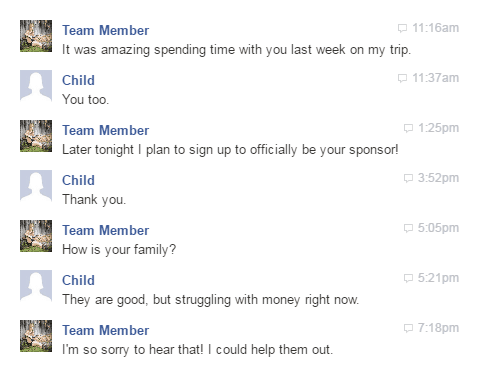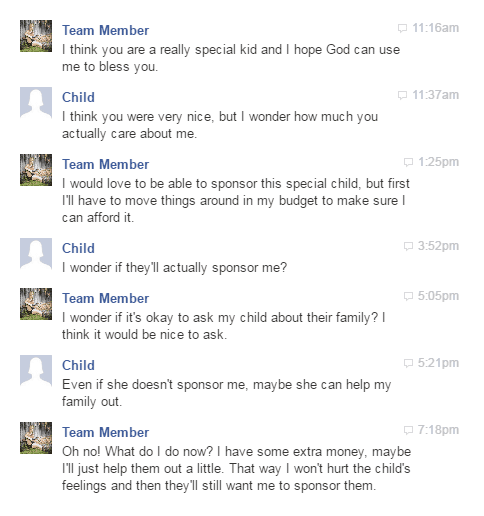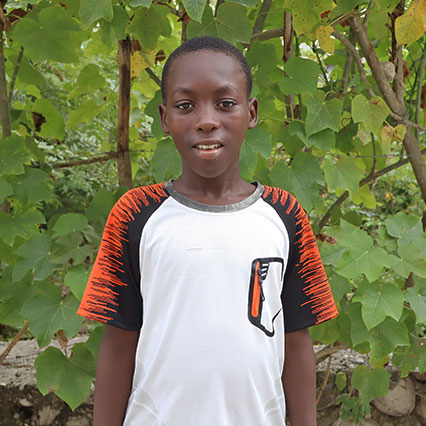
Small Notes, Big Impact
Someone Thought of Me? Did you know that a simple note can change the trajectory of a child’s life? It’s true! For children living in poverty, life is challenging and filled with hardships. They may feel overlooked, forgotten, and alone. But when they receive a note, it shows that they










